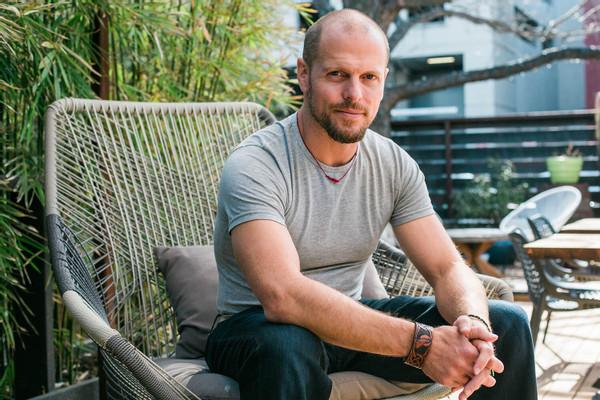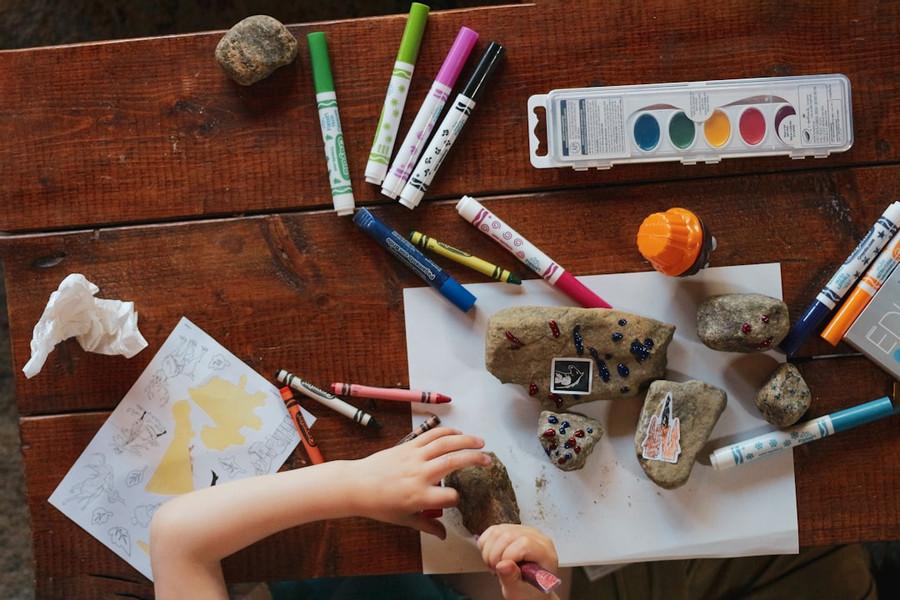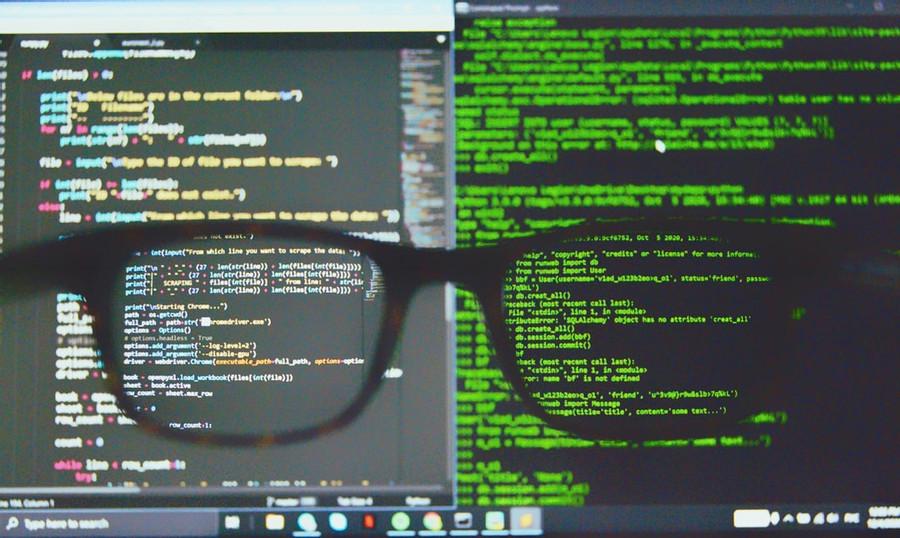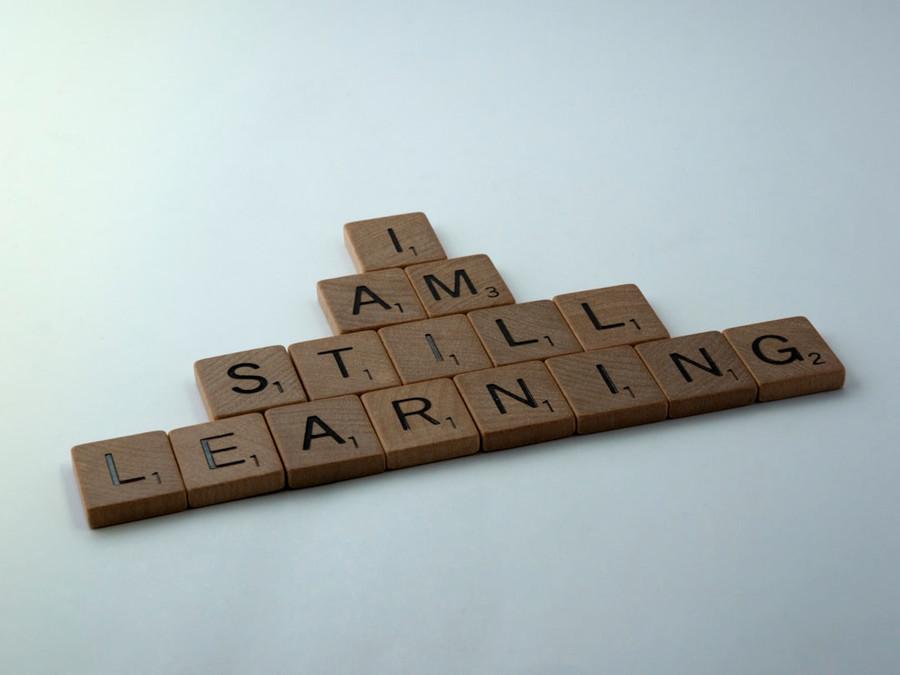Ten Lessons I Learned While Teaching Myself to Code
Curated from: tim.blog
Ideas, facts & insights covering these topics:
12 ideas
·5.47K reads
26
Explore the World's Best Ideas
Join today and uncover 100+ curated journeys from 50+ topics. Unlock access to our mobile app with extensive features.
#1) The online world is your friend. Start there.
It’s never been easier to get started learning to code because there are dozens of free-or-cheap courses online.
75
833 reads
#2) Don’t stress over what language to pick.
- “If you can learn one programming language, you can learn the other ones, and where you start doesn’t matter nearly as much as you might think,” as Quincy Larson, the founder of freeCodeCamp
- “Stop looking for the perfect coding course,” advises Madison Kanna, “Just pick a curriculum and stick with it.”
- “Find the jobs that you want, and then reverse engineer your curriculum” - Saron Yitbarek
75
481 reads
#3) Code every day.
- This is a big one. You should try to do some coding every day—at least, say, a half hour.
- Why? Because this is just like learning Spanish or French: Fluency comes from constant use. To code is to speak to a computer, so you should be speaking often.
- Bootcamps are good if time is tight .
78
474 reads
#4) Automate your life.
- You can very quickly learn to automate boring things in you life.
- That’s because computers are amazing at doing dull, repetitive tasks. They’re also great at being precise. Since we humans are terrible at doing dull tasks and quite bad at being precise, this makes us a match made in heaven.
75
444 reads
#5) Prepare for constant, grinding frustration.
When you finally figure out the problem—when you fix the bug, and things start working—there’s a sudden, narcotic rush of pleasure that’s almost unlike anything you’ve ever experienced.
73
479 reads
Tough times don't last, Tough people do!
- Sure, you obviously need to be able to think logically, to break big tasks down into tiny steps. That’s a prerequisite.
- But if you asked me what’s the one psychological nuance that unifies all the coders I’ve interviewed?
- They’re all able to handle total, crushing, incessant failure and roadblocks (at least, at the keyboard.)
78
403 reads
#6) Build things. Build lots of things.
These were all small and silly, but they had to at least function, and when you have to make something function, that’s when you learn.
75
429 reads
#7) “View Source”: Take other people’s code, pick it apart, and reuse it.
- When you’re building stuff, you don’t need to start from scratch.
- You can grab things that already exist, rip them apart, and see how they work. It’s a superb way to learn.
80
408 reads
#8) Build things for you—code you need and want.
- If you’re coding in an abstract way, doing tutorials, it’s easy—when you get stuck—to think, ah, screw it, and stop.
- But if you’re actually building a tool you’re going to use? It pushes you to go further, to work past the frustration and the blockages.
77
353 reads
#9) Learn how to learn.
- So when you learn to code, your core skill is going to be constantly learning and constantly relearning.
- That’s true in the short term and the long term.
- Over the years, new languages and frameworks always emerge, and old ones evolve.
- “Being a programmer basically means you’ll be an eternal student”
74
348 reads
#10) Reach out to other coders.
- Learning to code can be pretty isolating—it’s hours of just wrestling with the computer.
- And while it’s good to try to figure things out, yourself, sometimes the fastest way to get unstuck is to ask someone else, How the heck does this work?
- Frankly, I wish I’d done more of this socializing.
- I too often spent time grinding away at a problem, myself, instead of asking for help.
- When I did talk to other coders about problems I was having, inevitably they’d suggest an approach that helped.
76
283 reads
IDEAS CURATED BY
CURATOR'S NOTE
I am a self-taught programmer, its true about the grind, its incessant and when you accomplish something that helps people at scale, it redeems itself. Learn coding to look differently at life.
“
Anirban Chatterjee 's ideas are part of this journey:
Learn more about computerscience with this collection
Techniques for brainstorming and generating new ideas
The power of collaboration and feedback in the creative process
How to recognize and overcome limiting beliefs
Related collections
Similar ideas
13 ideas
FREE WEBSITES FOR LEARNING TO CODE IN 2021
thedigitalcatalog.blogspot.com
11 ideas
Top 10 YouTube Channels to Learn Coding in 2022
analyticsinsight.net
Read & Learn
20x Faster
without
deepstash
with
deepstash
with
deepstash
Personalized microlearning
—
100+ Learning Journeys
—
Access to 200,000+ ideas
—
Access to the mobile app
—
Unlimited idea saving
—
—
Unlimited history
—
—
Unlimited listening to ideas
—
—
Downloading & offline access
—
—
Supercharge your mind with one idea per day
Enter your email and spend 1 minute every day to learn something new.
I agree to receive email updates












